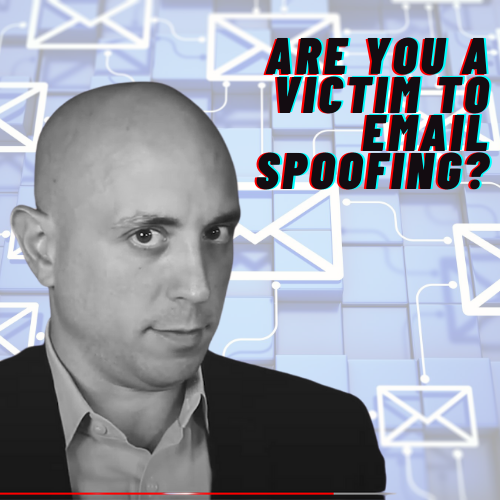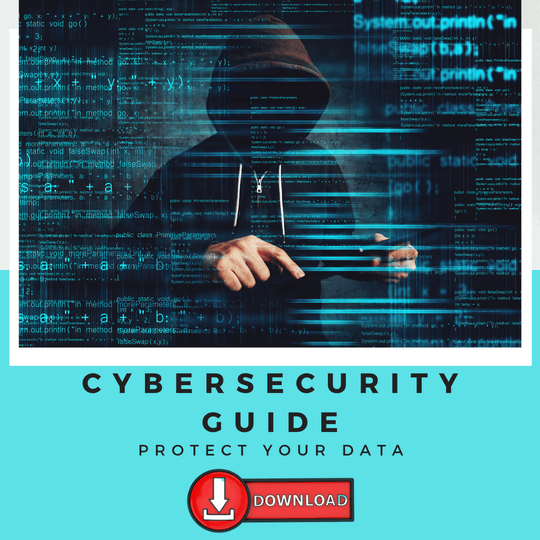
In a recent phishing scam, cybercriminals sent out emails that appeared to be from the SBA to business owners, CEOs and CFOs, enticing them to download malware and divulge personal banking information.
You might be asking, "Chris, what is spoofing?" Email spoofing is when cybercriminals send out emails that appear to have come from your company. I'm sure you can imagine what sorts of things could happen if someone sent emails to your vendors or clients posing as you. This is not hard to accomplish. Any 16-year-old kid with an internet connection can figure out how to accomplish this in 15 minutes. The good news is that there are steps that we can take to guard ourselves against this sort of threat.
The first step is to tell the internet that company emails are only allowed to come from our company's systems.
The second step is to ensure that any emails sent out by our systems carry a stamp of authenticity.
The third and final step is to monitor all those emails that say they have come from our company.
This process is known as DMARC compliance, and it helps ensure that spoofed emails get rejected by recipients. It also improves the likelihood that your legitimate emails will be delivered. DMARC compliance protects your company's reputation, protects the people you do business with, and safeguards your communication with them.
A recent report showed 85% of Fortune 500 companies are not doing this. That exposes them and the folks they do business with to too much risk. Don't be careless with your reputation or your business relationships. Adopted DMARC compliance for your company's email communications. It'll keep your emails getting delivered, and prevent cybercriminals from impersonating you.
At Engler IT we take our clients reputations and security very seriously. And we offer DMARC compliance to businesses regardless of their size.









